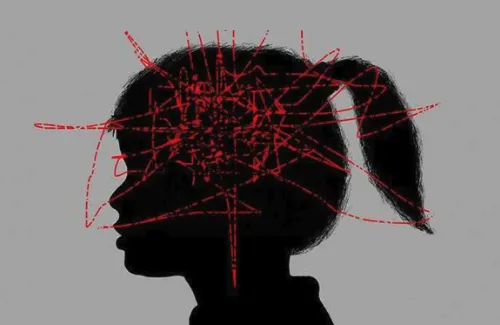
Trauma’s Impact on Brain Function and Behavior
Trauma, whether resulting from a single event or sustained over a period through experiences like abuse, prolonged exposure to stress, and bullying can cast a long-lasting shadow over an individual’s mental landscape. As research learn more about neural pathways, it is revealing startling insights into how trauma reshapes the brain’s structure and function, subsequently altering behavior and cognition. This exploration not only deepens our understanding of the human psyche but also paves the way for more effective treatments and interventions.
Understanding the Effects of Trauma on the Brain
Trauma can lead to profound structural and functional changes in the brain, particularly in areas associated with memory, emotion, and executive functioning. The hippocampus, a region critical for learning and memory, often shrinks in size after prolonged exposure to stress, which may result in difficulties in forming new memories or the retrieval of existing ones. Similarly, the amygdala, which plays a key role in processing emotions, can become overly reactive, potentially leading to heightened responses to stress and an increased risk of developing anxiety disorders. Neuroimaging studies have consistently demonstrated these alterations, providing a visual framework to understand the internal chaos experienced by those who have faced severe trauma.
The connection between trauma and altered brain chemistry is another area of focus. Stress hormones like cortisol are typically released during traumatic events, and their prolonged elevation can be toxic to brain cells, impairing cognitive functions and emotional regulation. This hormonal imbalance not only disrupts existing neural connections but also interferes with the formation of new ones. Furthermore, trauma can decrease the brain’s plasticity, limiting its ability to adapt to new situations or challenges, which reinforces a cycle of stress and dysfunction.
Moreover, the prefrontal cortex, which is involved in decision-making and social behavior, shows reduced activity following traumatic exposure. This reduction can lead to difficulties in decision-making processes, impulse control, and the ability to regulate emotions effectively. The diminished function of the prefrontal cortex often explains why individuals who have experienced trauma might struggle with tasks that require planning, judgment, and the management of social interactions.
How Trauma Influences Behavior and Cognition
Behaviorally, trauma survivors often exhibit a range of symptoms that can be perplexing and distressing. One of the most common is the presence of hypervigilance, a state of increased alertness that helps an individual prepare for potential threats but can be exhausting and anxiety-inducing. Sleep disturbances, such as nightmares and insomnia, are also frequent, disrupting normal sleep patterns and leading to chronic fatigue and decreased pain tolerance. On a broader scale, trauma can lead to the avoidance of certain places, people, or activities that remind the individual of their traumatic experiences, which can severely limit their ability to function in various aspects of life.
Cognitively, people who have experienced trauma may suffer from impaired attention, memory, and executive functioning. Difficulty concentrating or a tendency to be easily distracted can impair learning and affect performance in both academic and workplace settings. Memory issues, particularly with short-term memory, are common, and some individuals may experience dissociation—a feeling of detachment from reality—which helps them cope with immediate stress but can disrupt their engagement with the present.
Furthermore, trauma can profoundly affect an individual’s emotional and psychological health, leading to conditions such as post-traumatic stress disorder (PTSD), depression, and anxiety. These conditions can skew an individual’s cognitive appraisal of situations, leading to distorted thinking patterns like catastrophizing or black-and-white thinking. The resultant behaviors and cognitive biases not only reinforce the traumatic patterns but also complicate recovery and intervention efforts.
The intricate relationship between trauma, brain function, and behavior underlines the importance of addressing psychological injuries with as much urgency and seriousness as physical ones. Understanding the profound effects trauma can have on the brain and behavior is crucial in developing effective therapeutic strategies that can aid in the recovery and rehabilitation of trauma survivors. As research continues to uncover the depths of trauma’s impact, it brings hope and potential for more refined interventions that can help individuals rebuild their lives and achieve a sense of normalcy post-trauma.
An article from the National Library of Medicine was used as a reference for this post. The Article was called Trauma-Informed Care in Behavioral Health Services – Chapter 3 Understanding the Impact of Trauma.








